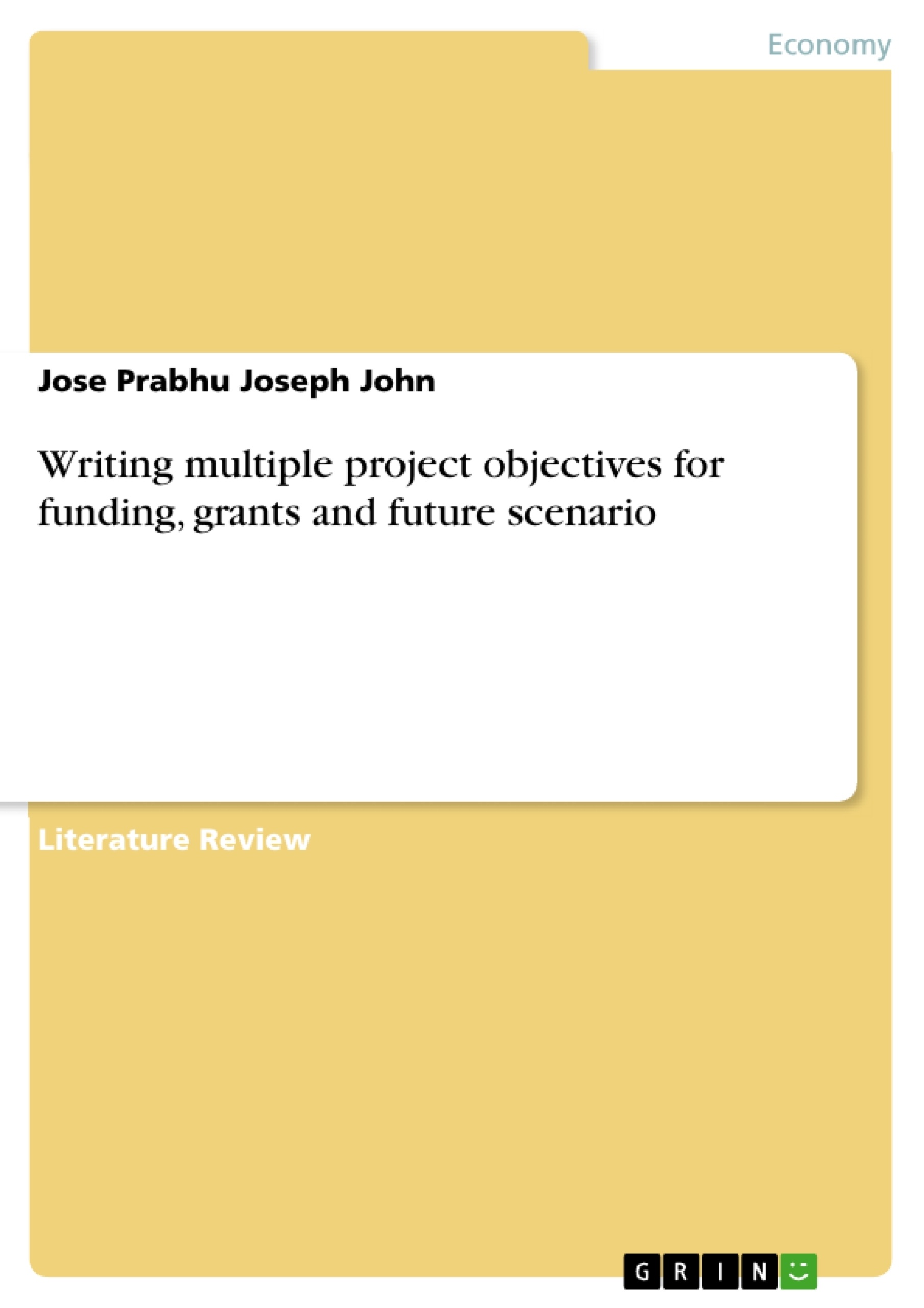Project objectives specify and also are considered lower-level declarations. They describe outcomes: particular, substantial deliverables that the project will certainly produce. Objectives are specified plainly as they are going to affect every choice in the project throughout its life process. Like task objectives, purposes must be measurable as they will certainly determine whether a task is a success or not. The primary reason why effective purposes are essential is that the extra clear your goals are, the more probable they are to be achieved. Plus, the project will be easy to manage. Purposes are critical for they supply a means to structure the task and confirm its success. As a result, the more efficient the objectives, the more effective the project. Consider these purposes as the lodestar your task needs to adhere to. They direct you with every element of the project and also overall its stages. They provide project managers with quantifiable targets to hit as well as make groups comprehend what is anticipated of them.
Inhaltsverzeichnis (Table of Contents)
- I- Introduction
- II- Literature Review
- III- Objectives of the projects and future prospects
- Non formal education
- Construction
- Culture and communication
- Workshop
- Social welfare programs
- Self Employment Schemes
Zielsetzung und Themenschwerpunkte (Objectives and Key Themes)
This paper aims to explore the significance of clearly defined project objectives in the context of securing funding, grants, and future prospects for projects. The paper emphasizes the importance of SMART (Specific, Measurable, Achievable, Relevant, and Time-bound) objectives, demonstrating their role in guiding project planning, resource allocation, and ultimately, success.
- The importance of well-defined project objectives
- The application of the SMART criteria for effective objective setting
- The role of project objectives in securing funding and grants
- The relationship between project objectives and future prospects
- The significance of project objectives in managing and monitoring project progress
Zusammenfassung der Kapitel (Chapter Summaries)
- I- Introduction: This section introduces the concept of project objectives and their crucial role in project planning and success. It emphasizes the need for clear, specific, and measurable objectives that guide the project throughout its life cycle. The SMART criteria are presented as a framework for creating effective objectives.
- II- Literature Review: This section provides an overview of existing research and literature concerning project objectives, particularly in the context of non-governmental organizations (NGOs). It explores different perspectives on objective setting and assessment practices, drawing upon case studies and analyses of various projects.
- III- Objectives of the projects and future prospects: This section delves into specific project examples, illustrating the application of objectives in diverse fields like education, construction, culture, social welfare, and self-employment schemes. It highlights the practical implementation of objectives across various project types.
Schlüsselwörter (Keywords)
The key focus of this paper is on project objectives, funding proposals, future prospects, grants, and non-profit organizations. The paper explores the relationship between these elements and the importance of well-defined objectives in achieving project success. It specifically examines the SMART criteria as a framework for effective objective setting.
Frequently Asked Questions
Why are project objectives crucial for funding?
Clear objectives provide measurable targets and substantial deliverables, which are essential for donors to evaluate the potential success and impact of a project.
What does the SMART acronym stand for in goal setting?
SMART stands for Specific, Measurable, Achievable, Relevant, and Time-bound. These criteria ensure that objectives are effective and manageable.
How do objectives influence project management?
Objectives act as a "lodestar," guiding every decision throughout the project lifecycle and helping teams understand exactly what is expected of them.
What types of projects are discussed in the paper?
The paper covers diverse fields including non-formal education, construction, culture and communication, social welfare programs, and self-employment schemes.
What is the difference between a goal and an objective?
While goals are broad, objectives are lower-level, specific declarations that describe tangible outcomes and deliverables the project will produce.
- Quote paper
- Dr. Jose Prabhu Joseph John (Author), 2020, Writing multiple project objectives for funding, grants and future scenario, Munich, GRIN Verlag, https://www.grin.com/document/961484



